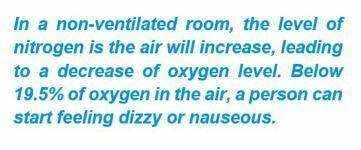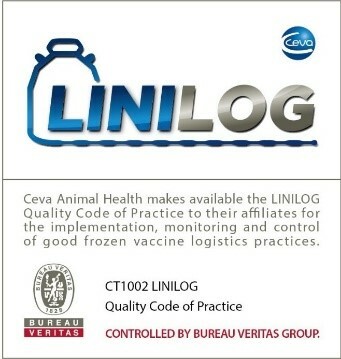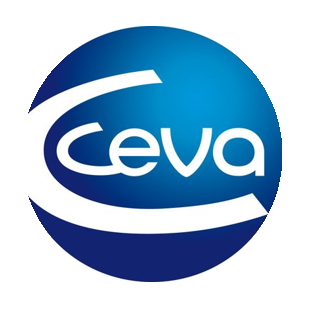



Safety first! 3 essentials to protect hatchery personnel handling frozen vaccines
Handling liquid nitrogen safelyMost poultry vaccines applied in the hatchery today, including frozen vaccines, are kept in liquid nitrogen (-196°C; -320°F) to maintain integrity of live cells. Liquid nitrogen is safe to handle if done so with good practices. Find below the 3 essentials to protect the hatchery staff handling frozen vaccine.
1. Training
Any person involved in frozen vaccine handling should be trained on the safety practices and on the emergency first aid procedure. It is crucial to provide the keys to work safely but also to react if involved or witnessing an accident.
2. Ventilation

Liquid nitrogen contained in Dewars evaporates constantly. To avoid the risk of asphyxiation due to an increase of nitrogen in the air, a good ventilation system must be in place. Ideally, the room to store the Dewars is fitted with an exhaust fan and the oxygen level is monitored daily.
3. Use Personal Protective Equipment
Clothing adapted to very cold temperatures should be worn when working with liquid nitrogen. Personal Protective Equipment (PPE), including cryogenic apron, cryogenic gloves, face shield, safety glasses, long sleeves and pants, as well as fully enclosed shoes should be provided to the personnel. This equipment will prevent from frostbites on the skin or eye contact with liquid nitrogen due to spills that may occur while handling liquid nitrogen.
In 2010, Ceva created the Linilog (liquid nitrogen logistics) service with 2 priorities: people safety and vaccine integrity. Ceva 175 Ceva hatchery specialists around the world are available to guide the hatchery personnel and monitor their liquid nitrogen handling techniques during their regular visits. They provide Personal Protective Equipment, training and recommendations on the Dewar storage area and handling. Do not hesitate to contact them shall you have any question.

In 2020, Ceva created the Linilog Quality Code of Practice and received the Quality Recognition from an international third-party control body.
The quality Recognition will now be monitored by Bureau Veritas Group at the country level, for each candidate country.









